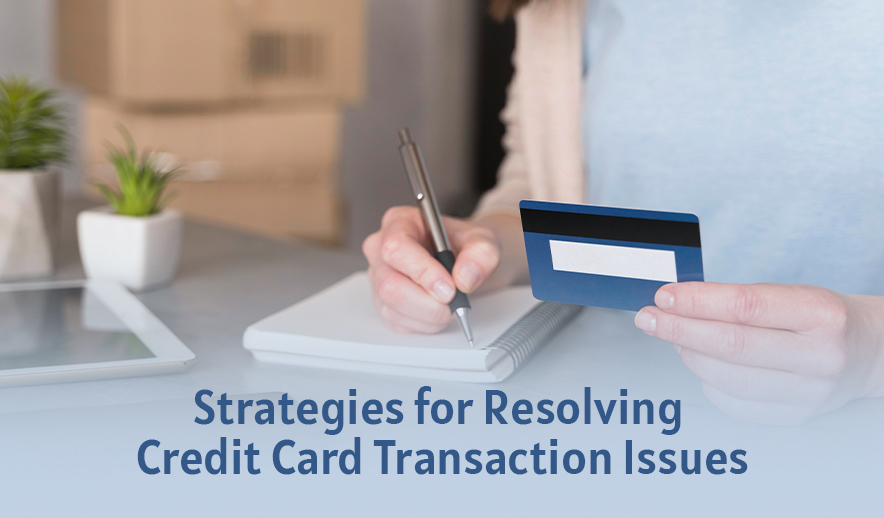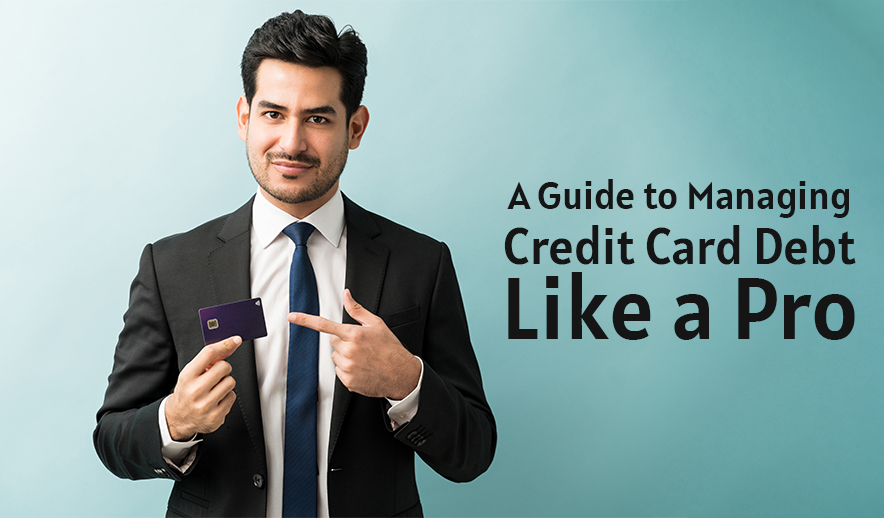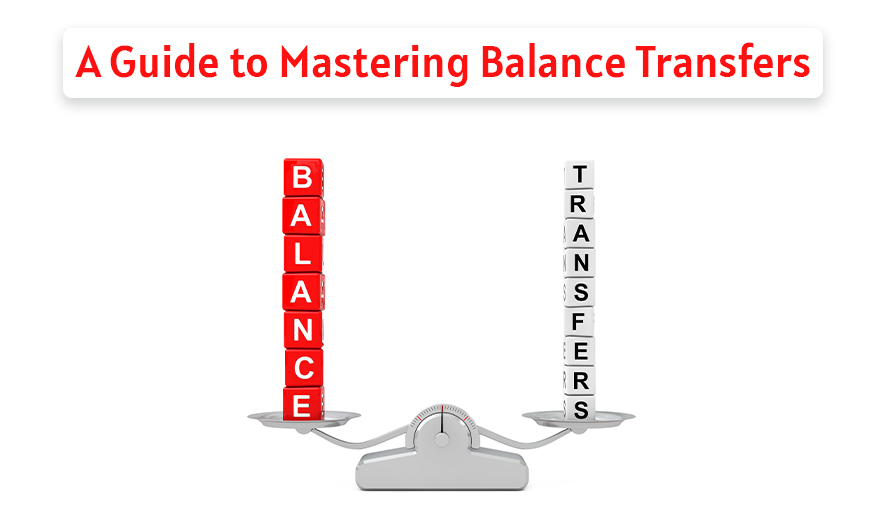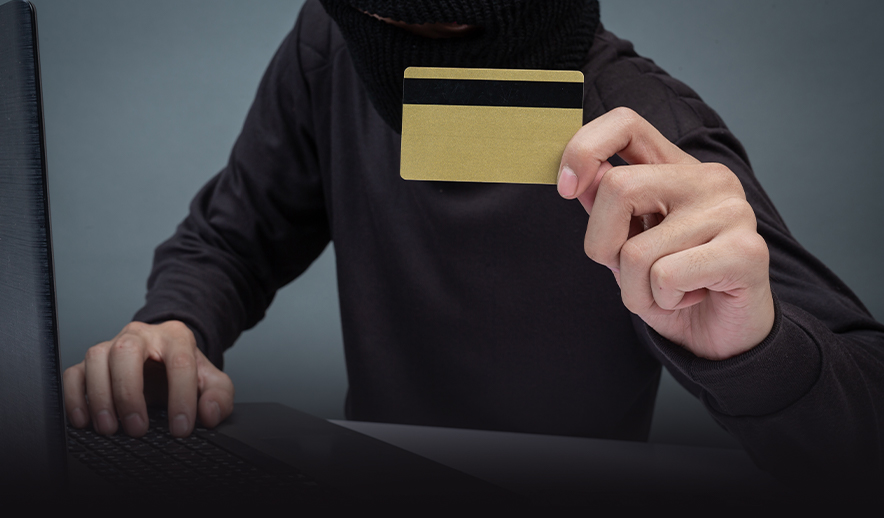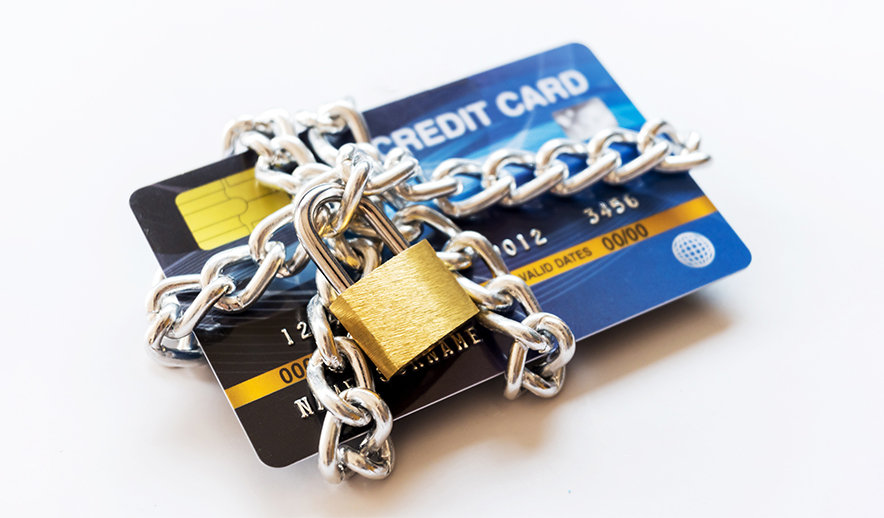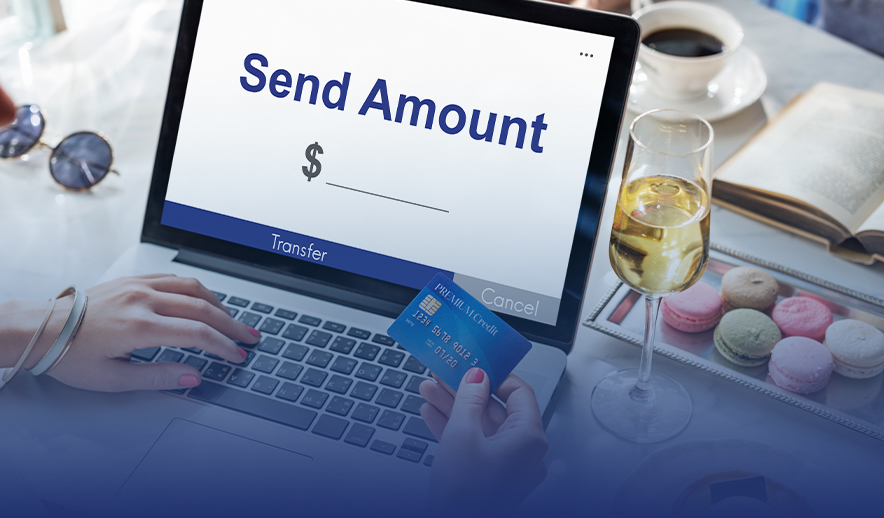A credit card dispute, also known as a chargeback, refers to the process of contesting a transaction on your credit card statement. It typically occurs when you believe there has been an error or unauthorized charge on your credit card, or when you are dissatisfied with a purchase.
Here’s how the credit card dispute process generally works:
Review Your Statement: Regularly review your credit card statement to ensure all charges are accurate and authorized. If you notice any discrepancies, such as an incorrect amount or a charge you don’t recognize, it’s essential to take action promptly.
Contact the Merchant: Before initiating a dispute, it’s generally recommended to first contact the merchant involved. Reach out to them to discuss the issue and attempt to resolve it directly. They may be able to provide a refund, correct the error, or address any concerns you have.
Contact Your Credit Card Issuer: If you are unable to resolve the issue with the merchant or if the charge is unauthorized, contact your credit card issuer. Most credit card issuers have a dedicated customer service helpline or an online dispute resolution process. Report the disputed transaction and provide any relevant information or documentation to support your claim.
Credit Card Issuer Investigation: Upon receiving your dispute, the credit card issuer will investigate the matter. They may temporarily remove the disputed charge from your statement while conducting the investigation. The issuer will typically review your claim, communicate with the merchant, and assess the evidence provided.
Resolution: Once the investigation is complete, the credit card issuer will inform you of the outcome. If your dispute is successful, the disputed amount will be permanently removed from your statement. If the dispute is not resolved in your favor, you may have the option to escalate the matter or pursue alternative recourse, depending on the circumstances.
It’s important to note that the specific procedures and timelines for credit card disputes may vary among credit card issuers. It’s advisable to familiarize yourself with your credit card’s terms and conditions regarding disputes and to follow the instructions provided by your credit card issuer when initiating a dispute.
It’s also recommended to keep records of all communications, receipts, invoices, or any other supporting documents related to the disputed transaction. Clear and concise documentation can strengthen your case during the dispute resolution process.
There are several types of transactions on a credit card that can typically be disputed:
Unauthorized Transactions: If you notice charges on your credit card statement that you did not authorize or recognize, you can dispute them. Examples include fraudulent transactions or charges resulting from stolen card information.
Duplicate Charges: If you see multiple charges for the same transaction or duplicate charges for the same product or service, you can dispute the duplicate amount.
Billing Errors: Disputes can be raised for billing errors, such as incorrect amounts, charges for goods or services not received, or charges for canceled orders.
Defective or Damaged Goods: If you receive defective or damaged goods, and the merchant refuses to provide a refund or replacement, you may dispute the charge related to the purchase.
Non-Delivery of Goods or Services: If you paid for goods or services that were not delivered as promised or not delivered at all, you can dispute the charge.
Subscription Cancellations: If you canceled a subscription or membership, but the merchant continues to charge you, you can dispute those charges.
Services Not Rendered: If you paid for a service that was not provided or completed as agreed, you have grounds to dispute the charge.
Unauthorized Recurring Charges: If you are being billed for recurring charges that you did not authorize or were not aware of, you can dispute those charges.
It’s important to note that the specific circumstances for disputable transactions may vary depending on the terms and conditions of your credit card issuer and applicable laws. Be sure to review your credit card agreement or contact your credit card issuer to understand their specific policies and procedures for disputing transactions. Additionally, keep in mind that there may be time limits for initiating a dispute, so it’s advisable to act promptly when you notice an issue. The timeline for a credit card dispute can vary depending on various factors, including the complexity of the dispute, the policies of the credit card issuer, and any applicable regulations
Here is a general outline of the timeline:
Initiation: Once you initiate a dispute with your credit card issuer, they will typically provide you with a temporary credit for the disputed amount while they investigate the claim. This is often referred to as a “provisional credit” and is meant to provide you with temporary relief while the investigation is ongoing.
Investigation: The credit card issuer will investigate the dispute by reviewing the information and evidence provided by both you and the merchant involved. This investigation can take anywhere from a few weeks to several months, depending on the complexity of the case and the responsiveness of the parties involved.
Communication: During the investigation, the credit card issuer may reach out to you for additional information, documentation, or clarification regarding the dispute. It’s important to promptly respond to any requests to ensure a smooth and timely resolution.
Resolution: Once the investigation is complete, the credit card issuer will notify you of the outcome. If the dispute is resolved in your favor, the temporary credit previously applied to your account will be made permanent, and the disputed amount will be permanently removed from your statement. If the dispute is not resolved in your favor, you may have the option to escalate the matter or pursue alternative recourse, depending on the circumstances.
It’s important to note that the specific timeline for a credit card dispute can vary between different credit card issuers and jurisdictions. Some disputes may be resolved more quickly, especially for straightforward cases, while others may require more time for thorough investigation. Additionally, certain regulations may impose specific timeframes for the resolution of disputes.
To get more accurate and detailed information regarding the timeline for a credit card dispute, it’s recommended to review the terms and conditions of your specific credit card agreement or contact your credit card issuer directly. They will be able to provide you with the most accurate information based on their processes and policies.

